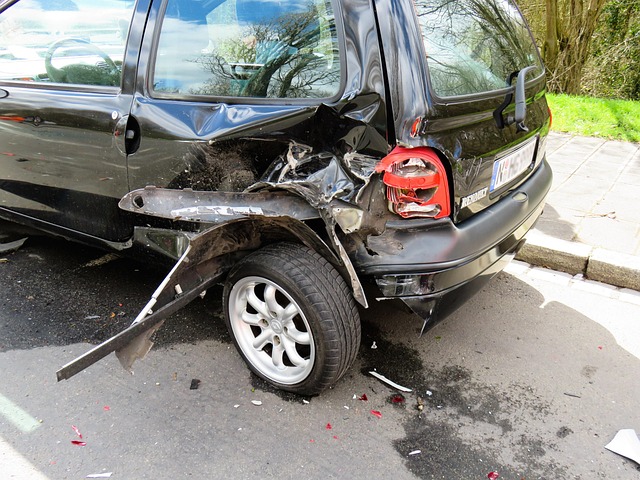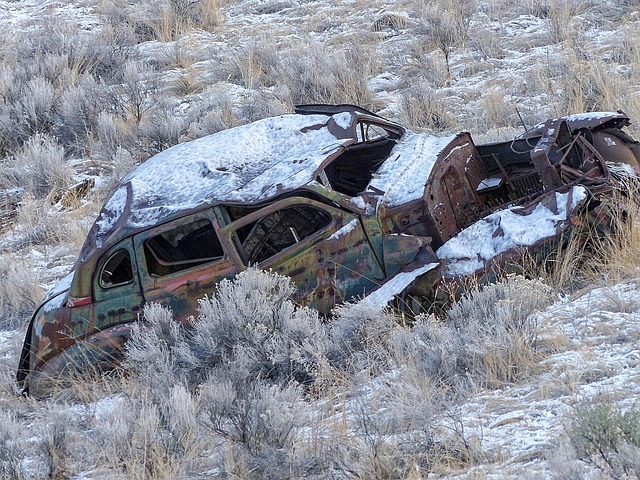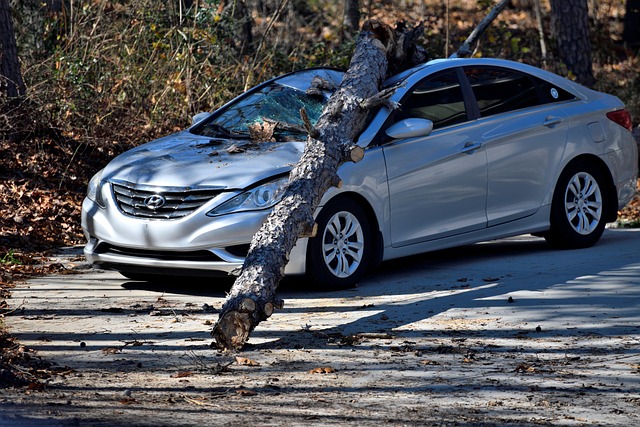After a car accident in Peoria, understanding your legal rights is crucial. A Peoria Car Accident Lawsuit can compensate you for damages like medical bills and lost wages. Gather evidence like police reports and witness statements within Illinois' two-year statute of limitations. Hire an experienced personal injury attorney to navigate complex procedures and ensure fair compensation based on injury severity and impact.
In the event of a Peoria car accident, understanding your rights and the legal process is crucial. This article guides you through navigating a Peoria car accident lawsuit, equipping you with knowledge on evaluating damages in personal injury cases. We delve into the steps involved, ensuring you’re aware of what to expect when seeking compensation for injuries, property damage, or loss of life. By understanding Peoria car accident laws, you can make informed decisions and potentially secure the justice and financial support you deserve.
- Understanding Peoria Car Accident Claims
- Evaluating Damages in Personal Injury Cases
- Navigating the Legal Process for Compensation
Understanding Peoria Car Accident Claims

When you’re dealing with the aftermath of a car accident in Peoria, understanding your legal rights and options is crucial. A Peoria Car Accident Lawsuit can provide compensation for damages incurred, including medical bills, lost wages, and pain and suffering. The first step is to gather evidence such as police reports, witness statements, and any relevant insurance documents. This information will be vital in building a strong case.
The specific laws governing Peoria Car Accident Claims can vary, so it’s essential to consult with an experienced attorney who specializes in personal injury cases. They can guide you through the process, explain your rights, and help navigate the complex legal system. With their support, you can ensure that you receive fair compensation for your injuries and seek justice for the negligence that led to your accident.
Evaluating Damages in Personal Injury Cases

When evaluating damages in a Peoria car accident lawsuit, several key factors come into play. The first step is to assess the immediate physical injuries sustained by those involved. This includes medical bills, hospital stays, and any ongoing treatment required due to the crash. Additionally, non-economic damages such as pain and suffering, emotional distress, and loss of quality of life should be considered.
Other forms of compensation include property damage, which can encompass the cost of repairing or replacing vehicles, as well as lost wages and benefits if the accident results in an extended period of time where the victim is unable to work. The severity of injuries and their impact on daily life are crucial elements in determining fair compensation in a Peoria car accident lawsuit.
Navigating the Legal Process for Compensation

Navigating the legal process for compensation after a Peoria car accident can be challenging, but understanding your rights and options is crucial. The first step in filing a Peoria car accident lawsuit involves gathering essential evidence, such as medical records, police reports, and witness statements, to strengthen your claim. It’s important to act promptly; in Illinois, you typically have two years from the date of the accident to file a lawsuit.
Hiring an experienced personal injury attorney is highly recommended, as they can guide you through the complex legal procedures, negotiate with insurance companies, and represent you in court if necessary. They will help ensure that you receive fair compensation for your injuries, damages, and pain and suffering, in accordance with Peoria car accident laws.
When pursuing a Peoria car accident lawsuit, understanding the legal process and evaluating damages are crucial steps towards obtaining compensation. By familiarizing yourself with local laws and seeking expert advice, you can navigate the complexities of personal injury claims effectively. Remember, timely action is essential to ensure your rights are protected and you receive fair compensation for your injuries and losses.
